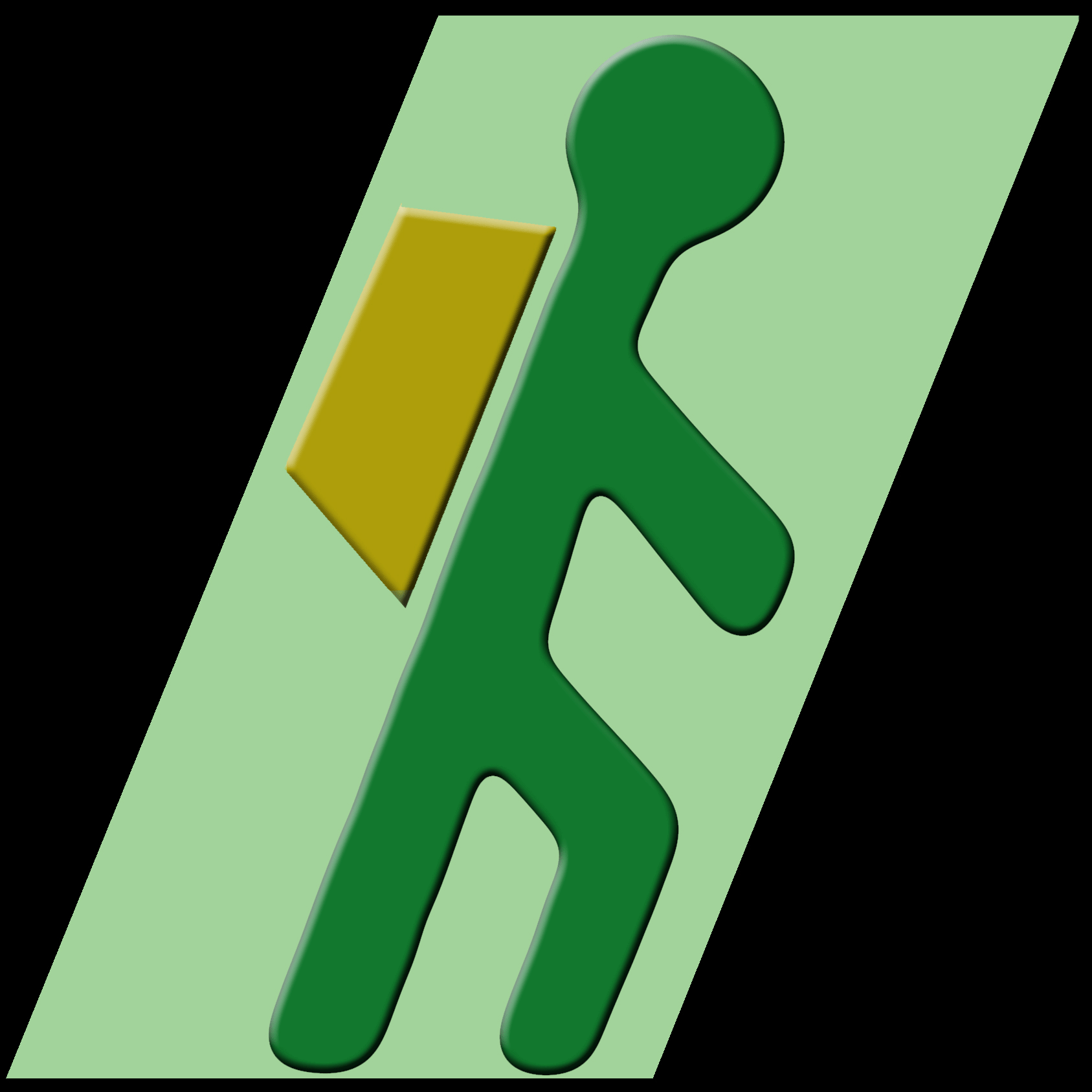

Johannesburg
Hiking Club

New to the JHC and Hiking?
This page is your best hiking buddy, all the info you will need to start hiking is here. So grab a cup of coffee and settle in for a good read.
How fit do you need to be? You are hiking fit if:
-
You're not a couch potato - you keep fit regularly.
-
You're able to complete the long trail at Hennops with little difficulty.
-
You're able to hike the 2.3km Geological Trail at Walter Sisulu Botanical Gardens, and not feel exhausted. You should be able to do this short easy circuit at least 3 times in a row (No bookings required – Check location and opening times on http://www.sanbi.org/gardens/walter-sisulu )
-
You regularly do 10km walk around your heighbourhood (this should include 1 or 2 roads that are a little steep on foot) (Occasionally attempt a 15-20 km to engage how you feel after the walk)
-
You eat healthily on a daily basis (donuts and cake are not healthy).
-
You're aware of your health (no heart conditions, etc. - please consult your doctor).
The best idea is to start off with level one and move to level two as you get fitter.

Hiking Gear
Here is what you need if you want to get the most out of hiking:
Boots
Blisters are to be expected for new hikers, so double socking (a thin sock base layer with a hiking sock on top) is a good idea to avoid them.
Boots can provide ankle support due to their height and stiffness, and their sole rigidity which prevents foot bruising and promotes confidence when walking over difficult terrain. It's worth spending more on boots as better quality boots will last longer.
When choosing new boots wear thick hiking socks and check that there is a finger thick gap at your heel. Proper lacing will prevent the toes bashing against the front of the boots if you kick a rock or you are hiking downhill.
Gaiters
These are those things hikers wear around their ankles they keep the annoying grass seeds out of your socks.
Pants
Short pants are cooler but watch out for thorns (there are LOTS of thorn trees and bushes), and give less protection against sunburn, there are also lots of ticks and bugs too. Consider lightweight long pants covered by gaiters.
Shirts and stuff
The best shirt is lightweight with long sleeves and a collar, it will provide the best protection against the sun. Some hikers wear cycling gloves, these protect against the sun and protect your hands against rough surfaces.
Hats
A wide brimmed hat is the best for sun protection. Baseball caps don't help much when the sun is on the side, or burning the back of your neck.
Bags
For day hikes consider a 35 lt backpack to carry your gear: A rain/wind jacket, swimming costume in the summer, basic first aid kit, sunscreen, toilet paper, and at least 2 litres of water. Use a plastic bag as a pack liner to keep things dry.
Poles
These are optional. They do help take the weight off the knees on long multi-day backpacking hikes when you are carrying a much heavier pack. Some people like to use them on day hikes, some don't. It is up to you, if you are unsure about your stability, give them a try.

So are you ready for your first hike with the JHC? let's get the rules out of the way, good rules make for great hiking.
RULES OF THE JHC
-
Members must follow the instructions of the leaders appointed for a particular hike.
-
Members must remain with the main party unless the leader has agreed for a splinter party to separate under a nominated sub-leader.
-
Fires may only be lit where permission has been given. They must be extinguished completely before leaving the site.
-
Littering is prohibited and refuse must be carried away for later disposal in an appropriate manner.
-
Dogs are not permitted on club events or club property.
-
No picking of protected flowers or plants is permitted.
-
Care must be taken to avoid damage to trees, fences or private property.
-
Anyone under the age of 18 years who attends an event must be the responsibility of the parent or the guardian.
-
In general, all behaviour likely to bring discredit to the name of the Recreational Club is to be avoided.
-
The audible use of radio and sound equipment is not permitted at camping and hiking events except as arranged by the leader.
TAKE THEM HOME...
-
Cigarette butts
-
Plastic bags
-
Tins and cans
-
Bottles
-
Papers
-
Fruit Peals and Core/Seeds
Hope to see you on the trail very soon.